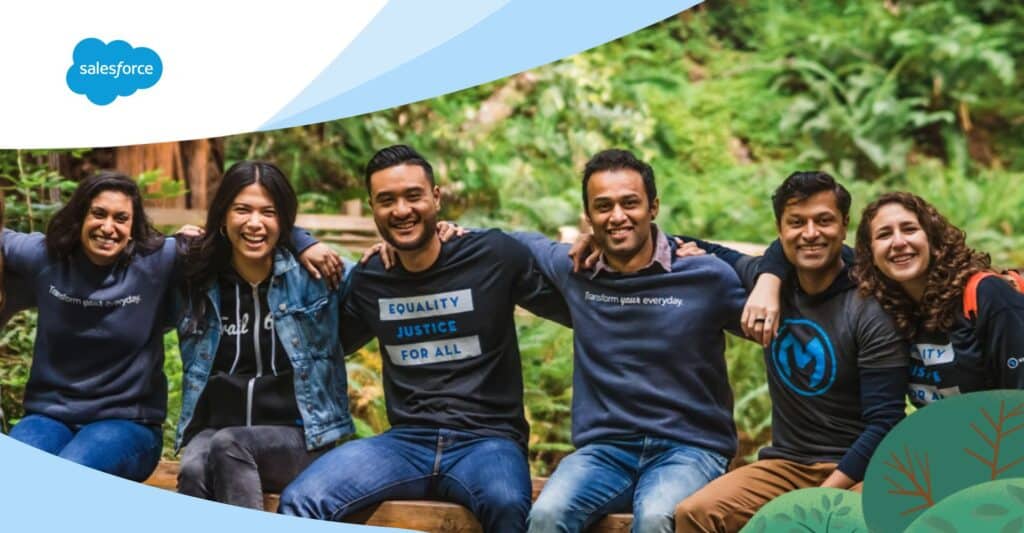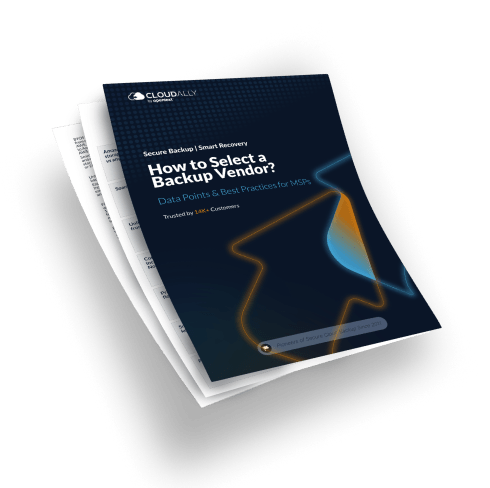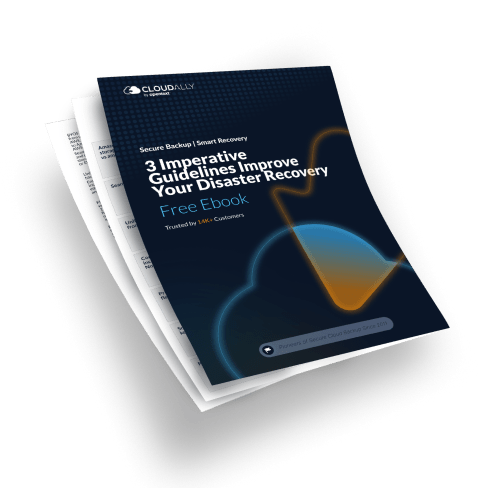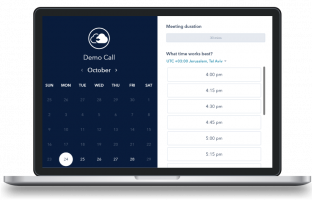Globally, Salesforce is the #1 CRM (customer relationship management) platform, used by over 150,000 companies. Why is it so popular? Because Salesforce has revolutionized how companies manage their customer relationships. This is why Salesforce careers are booming. IDC forecasts that the Salesforce ecosystem will create 9.3 million jobs and $1.6 trillion in new business revenues worldwide by 2026. So, if you’re ready to kickstart or even boost your Salesforce career, this article is for you. Let’s detail a few proven pointers to build your career in Salesforce.
#1. Salesforce Career Booster: Learn the Basics + Earn Certifications
Starting a Salesforce career requires mastering the fundamentals.
Explore Trailhead — a free online learning platform by Salesforce. It provides a range of trails and modules tailored to various roles and skill levels. Completing these modules can boost your knowledge and earn you badges to showcase your skills to potential employers.
Next, consider certifications, which can significantly boost your Salesforce skills. For example, the Salesforce Administrator certification alone offers a salary bonus of 19%. A few of the certifications that can redefine your Salesforce career are:
- Salesforce Administrator
- Salesforce Developer
- Salesforce Architect
- Salesforce Consultant
- Salesforce Pardot Specialist
- Salesforce B2C Commerce Developer
- Salesforce Platform App Builder, etc.
Each of these certifications can validate your expertise in specific areas. When hiring, companies can gauge your profile based on the certifications you’ve earned, as they demonstrate your commitment and proficiency in the Salesforce ecosystem.
#2. Get Hands-On Experience
Theory is essential, but hands-on experience is invaluable in the real world. Start by working on personal projects or volunteering for nonprofits through platforms like Salesforce.org, where you can apply your skills in practical scenarios.
Since Salesforce is a complex platform, the best way to learn is by doing. This will not only boost your practical knowledge but also help you build a portfolio to showcase to potential employers.
Here are a few ways to gain hands-on experience:
- Developer orgs: Sign up for a free developer org and start building. This sandbox environment allows you to experiment with various features, customize the platform to your liking, and even develop real-world applications.
- Superbadges: Earning Salesforce superbadges involves completing complex, real-world projects that thoroughly test your skills. These challenges provide valuable hands-on experience and serve as impressive additions to your resume.
- Join the Community: The Salesforce user group comprises over 11 million members across 90 countries and 1,300 groups. Joining these groups offers opportunities for networking, knowledge sharing, and mentorship. Active participation within the ecosystem can help Salesforce career advancement and valuable collaborations.
#3. Pursue Advanced Roles and Keep Learning
Basics and community networking can only take you so far. After a certain stage, you’ll need to gain experience to qualify for advanced roles such as Salesforce Architect, Consultant, or Technical Lead. These roles require a deeper understanding of the Salesforce platform and its integration with other systems.
Here’s what you can do:
- Advanced Certifications: Consider pursuing higher-level certifications like Salesforce Certified Technical Architect (CTA) or specialized certifications in areas such as Marketing Cloud or Tableau. These certifications demonstrate your expertise and are highly valued by employers.
- Continuous Learning: The tech landscape constantly evolves, so continuous learning is crucial. Salesforce offers various advanced training programs and resources. Platforms like Pluralsight, Udemy, and LinkedIn Learning also offer courses to help you stay ahead.
Salesforce Learner Community mentions several high-paying Salesforce jobs — all advanced roles. You can become one of those highly skilled Salesforce professionals and land a top-paying job through continuous learning and earning new certifications.
#4. Diversify Your Skillset: Become a T-Shaped Professional
A CompTIA survey suggests that 84% of HR professionals actively guide talent management through a T-shaped skills model. T-shaped professionals demonstrate deep expertise in one area (the vertical bar of the “T”) and a broad understanding of other related areas (the horizontal bar). This versatility makes them more adaptable and valuable to employers.
Now, think of this versatility as you look to advance your Salesforce career, where employers actively seek such highly-skilled employees. The same principle applies to Salesforce specialization. While focusing on a specific domain is essential, don’t neglect the value of having a broad understanding of the entire ecosystem. A Salesforce developer, for example, can benefit from learning about Salesforce administration, marketing automation, or data analytics. Such broader knowledge facilitates collaboration with other team members and enables them to solve complex business problems.
To become a T-shaped Salesforce professional, you’ll need:
- Deep expertise in Salesforce: A thorough understanding of a specific Salesforce domain, such as development, administration, or consulting, makes you a sought-after expert in that area, increasing your chances of being hired.
- Broad complementary skills: Sharpen skills that complement your core expertise. For instance, a Salesforce developer might learn about user experience (UX) design, cybersecurity, or cloud computing to become more versatile and effective.
- Interdisciplinary knowledge: Familiarize yourself with various departments like marketing, sales, and customer service. This allows you to create more integrated and holistic solutions, opening doors to diverse career paths within Salesforce.
Over To You
Embarking on a Salesforce career is a journey of continuous learning, growth, and collaboration. It begins with earning certifications, engaging with the vibrant Trailblazer Community, and building a diverse skill set. Following the above, proven tips can help boost your Salesforce career and equip you to tackle any challenge and seize every opportunity that comes your way. So, whether you’re a budding administrator, a seasoned developer, or an aspiring architect, careers at Salesforce require you to remain updated.
If you’re looking to accelerate your career in Salesforce, consider exploring our “Principles of Salesforce SaaS Data Protection” course. Led by renowned 8X MVP, Francis Pindar, this course offers comprehensive knowledge and skills to protect your Salesforce data from threats and ensure compliance with industry standards. Free for a limited time – Explore the CloudAlly course.














